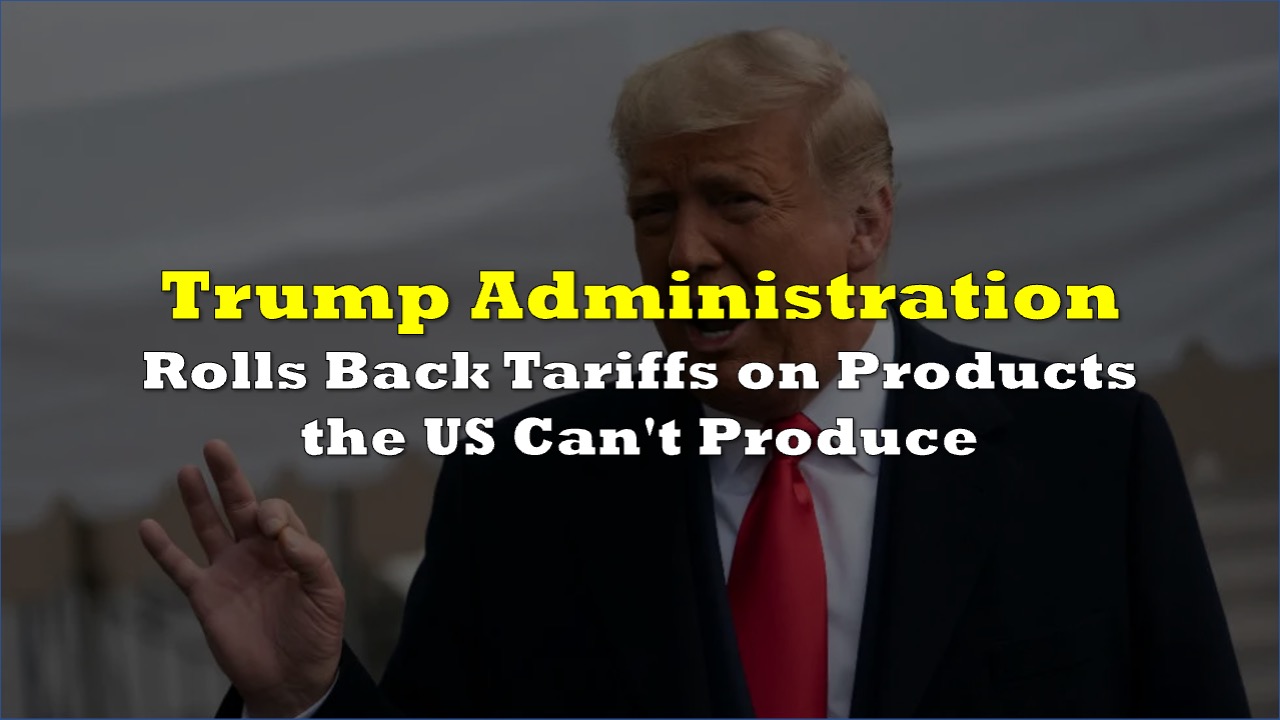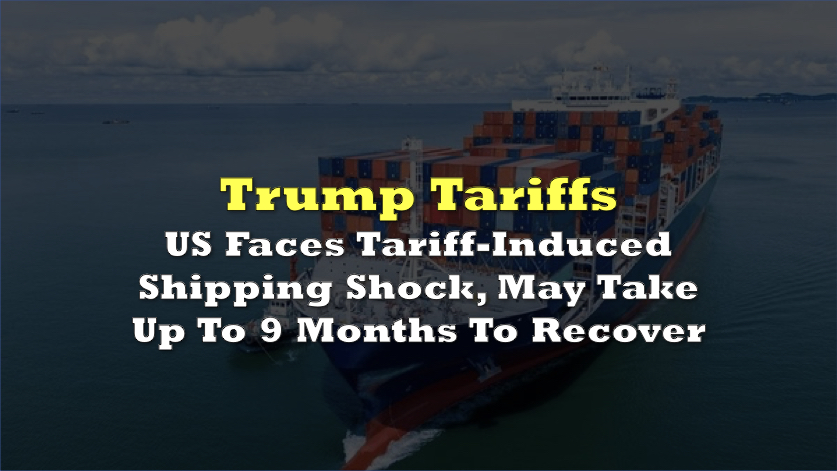The Trump administration is rolling back tariffs on products that cannot be domestically produced, a reversal that comes as legal challenges mount and trade negotiations accelerate.
The exemptions cover goods that “cannot be grown, mined, or naturally produced in the United States” or cannot be produced in sufficient quantities to meet domestic demand, according to administration officials and documents reviewed by The Wall Street Journal.
The administration has removed tariffs from dozens of items recently and is considering expanding exemptions to hundreds of additional products, including farm goods, airplane components, drug ingredients, and essential minerals, the Journal reported Friday.
This shift comes as the Supreme Court prepares to hear arguments in November on whether Trump exceeded his authority by imposing tariffs under the International Emergency Economic Powers Act.
Federal appeals courts have ruled the tariffs illegal, but the tariffs remain in effect while the Supreme Court reviews the case. Trade analysts suggest the administration is hedging against a ruling that could require refunding billions in collected duties.
Read: Federal Appeals Court Rules Trump’s Global Tariffs Illegal
In September, Trump signed an executive order expanding the list of exemptions and creating a framework for potential zero-tariff treatment on certain products for countries that reach trade agreements with the United States. The administration has been negotiating deals with major partners, including the European Union and Japan.
“It makes no sense to impose duties on products that the United States cannot produce,” said Nick Iacovella, executive vice president of the Coalition for a Prosperous America.
The exemptions signal a retreat from Trump’s “Liberation Day” tariffs announced in April, which pushed the average US tariff rate to its highest level since the Great Depression.
The US trade deficit has already reached $1.06 trillion in the first seven months of 2025, putting it on pace to exceed the record $1.2 trillion deficit recorded for all of 2024, according to the Bureau of Economic Analysis.
Information for this story was found via the sources and companies mentioned. The author has no securities or affiliations related to the organizations discussed. Not a recommendation to buy or sell. Always do additional research and consult a professional before purchasing a security. The author holds no licenses.










One Response
It just shows the complete incompetence of Trump and his crony administration, and the needless mess they have put the world economy in since Trump initiated the tariffs. It’s about time Americans, and in particular MAGA supporters, open up their eyes to Trump’s terrible policies and realize he, his family, and his administration are in it for their own benefit and not the people.